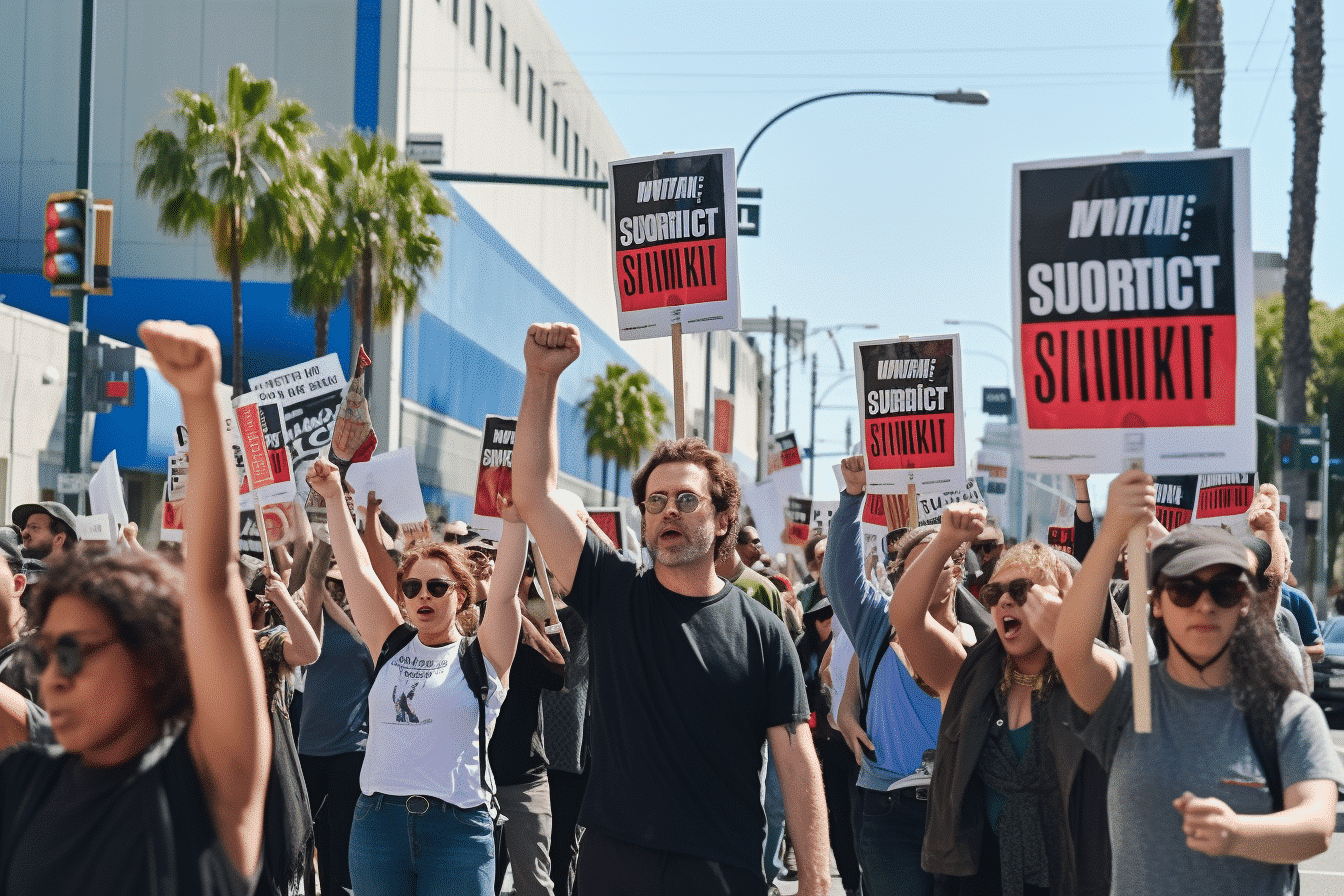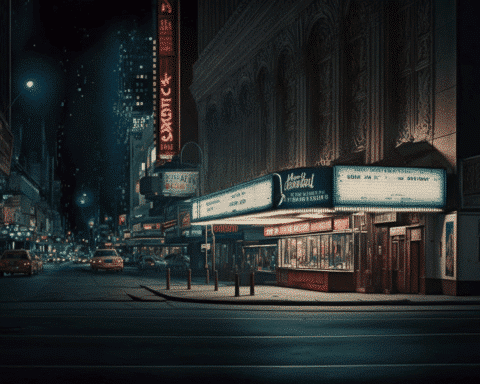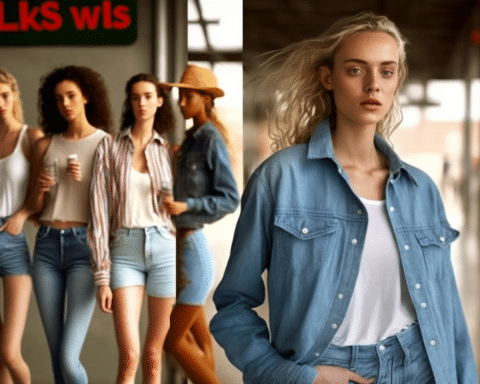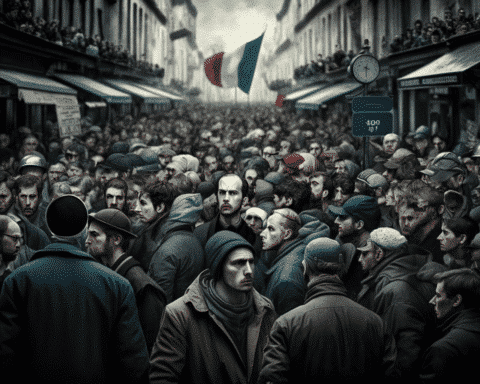In a bid to address concerns about the growing influence of artificial intelligence (AI) on the entertainment industry, the Screen Actors Guild (SAG) recently initiated a strike after failing to reach an agreement on increased safeguarding of AI rights.
The union argues that AI poses an existential threat to creative professions. This move reflects the apprehension shared by many actors and industry professionals who fear the potential consequences of a tech-dominated future.
Let’s delve into the reasons behind their worries and the recommendations put forth by industry unions and experts.
The Threat of AI Substitution
One of the major concerns raised by actors is the increasing substitution of human performances with AI-generated work.
Voiceover artists have already witnessed the encroachment of AI, as synthesized voices replace their traditional roles. Furthermore, AI is being utilized in films for visual effects, such as deepfakes and de-aging techniques, raising questions about the future of actors and their craft.
Performance Cloning and Erosion of Creativity
AI’s ability to clone an actor’s performance using their image or voice is another alarming issue. Liam Budd, an industrial official at the acting union Equity, warns about the potential misuse of this technology.
From automated audiobooks to digital avatars for corporate videos, the line between human and AI-generated content is blurring. Budd emphasizes the need for actors to understand their rights in this rapidly evolving landscape and acknowledges the fear circulating among Equity members.
Writer Job Insecurity
Writers, too, are apprehensive about their role in an AI-dominated industry. The Writers’ Guild of Great Britain (WGGB) has raised concerns regarding the potential displacement of writers by AI. They advocate for safeguards such as obtaining express permission from writers for using their work and demanding transparency from AI developers regarding data usage for training their tools.
Lesley Gannon, the deputy general secretary of WGGB, stresses the importance of striking a balance between technological advancements and protecting the rights of writers and the wider creative workforce.
AI’s Impact on Ownership and Copyright
As AI rapidly develops, questions regarding ownership and copyright have emerged. When individuals input their likeness into AI-generated portrait apps or platforms, the resulting images enter the public domain, devoid of copyright protection.
Dr. Mathilde Pavis, a lawyer specializing in digital cloning technologies, asserts that the current UK copyright laws fail to adequately safeguard individuals’ likeness. She highlights the need for updated regulations to protect individuals from unauthorized use and imitation through AI technologies.
Industry Voices and Future Implications
Some industry professionals argue that the entertainment industry does not need AI, as there is no shortage of writers, actors, or filmmakers. Justine Bateman, a prominent filmmaker and writer, believes that AI primarily benefits corporations seeking to widen profit margins by reducing overhead costs.
However, others raise concerns that AI may eventually encroach on even the creative aspects of the industry, potentially leading to a collapse of the existing structure.
Balancing Innovation and Creative Integrity
The ongoing strike by the Screen Actors Guild serves as a stark reminder of the growing concerns surrounding AI’s impact on the creative professions. The fears expressed by actors and writers revolve around the potential substitution of human performances, performance cloning, job insecurity, and the erosion of creative integrity.
Industry unions like Equity and the WGGB are urging for protective measures, such as permission-based use and transparency from AI developers. As AI technology continues to advance, it is crucial for regulatory frameworks to keep pace, safeguarding the rights of workers and protecting audiences from misinformation and fraud.
Balancing innovation and creativity while ensuring the well-being of professionals remains a paramount challenge for the entertainment industry in the age of AI.




